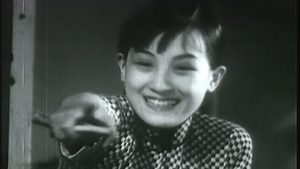The film:
Civil War is raging across China, and time is running out for the inhabitants of a Shanghai row house. The corrupt official and his kept woman in the penthouse want to evict everyone and sell the place for gold before fleeing the country. Who will stay and who will go?
Crows and Sparrows is one of the most finely-crafted films of the 1940s, with a tight script and brilliant character acting. Production began before and ended after the People’s Liberation Army entered Shanghai near the end of the civil war, in May 1949. The film bears clear traces of this history, especially the expressions of optimism by two intellectual characters at the end.
Wuya yu maque
Alternative English title: House and Tea Money
Director: Zheng Junli
Screenplay: Chen Baichen, Shen Fu, Xu Tao, Zhao Dan, Zheng Junli
Studio: The Peak Film Industries Corp., Ltd. (Kunlun)
Year of production: 1949
106 minutes
Cast: Zhao Dan, Wu Yin, Wei Heling, Shangguan Yunzhu, Sun Daolin, Li Tianji, Huang Zongying, Li Baoluo
English subtitles translated by Christopher Rea
Learn more:
See the video lectures and other materials in the Crows and Sparrows (1949) module of the Chinese Film Classics online course.
Crows and Sparrows (1949) is discussed in chapter 14 of the book Chinese Film Classics, 1922-1949.
Related Posts
Teaching Resources for Early Chinese Cinema
The Chinese Film Classics Project is a research, teaching, and translation initiative aimed at making early Chinese cinema more accessible to the general public
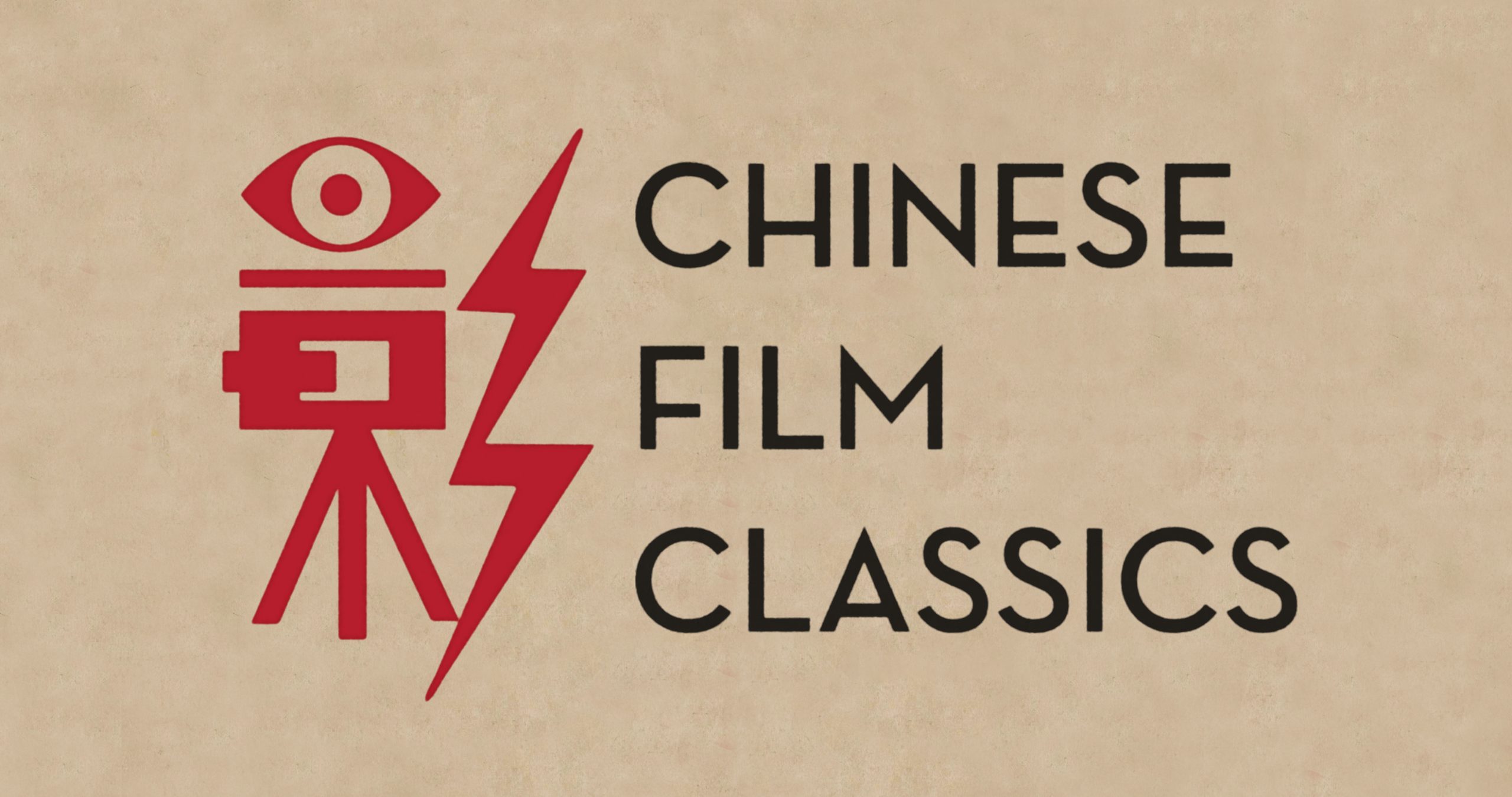
Chinese Film Classics, 1922-1929 (2021), by Christopher Rea
An essential guide to the first golden age of Chinese cinema, offering detailed introductions to fourteen films.
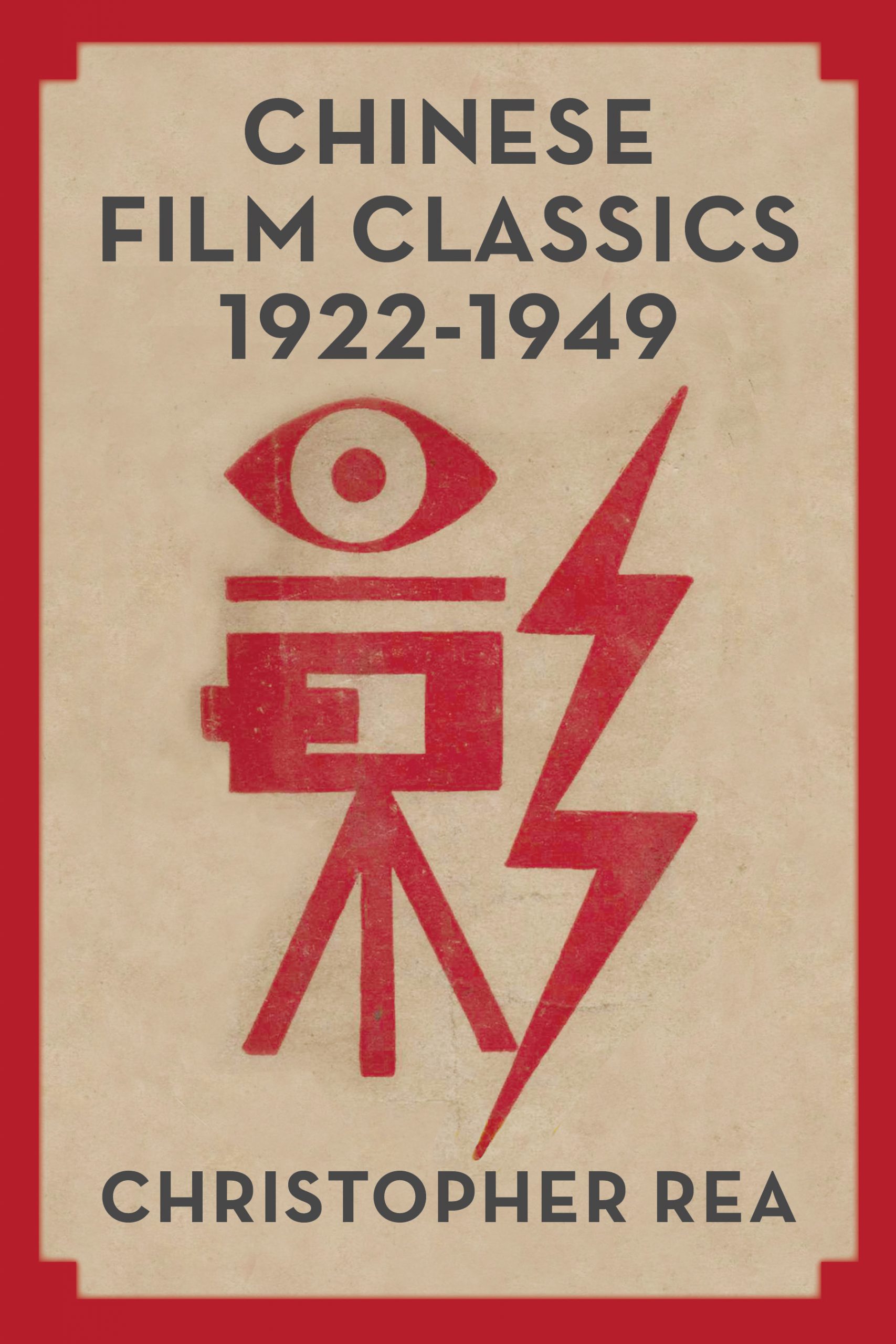
2021/03/01-05/12: Association for Chinese Animation Studies inaugural conference
A Zoom webinar featuring 19 panels of new academic research on Chinese animation, hosted by HKUST
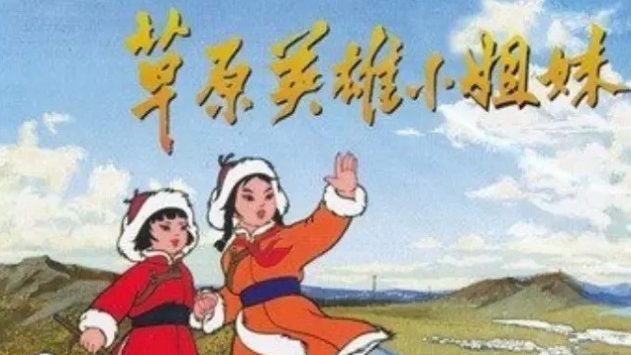
2019/10/03-11-16: Zheng Junli films at BAMPFA
A retrospective on actor-director Zheng Junli, featuring 10 of his films, several of which were restored by BAMPFA
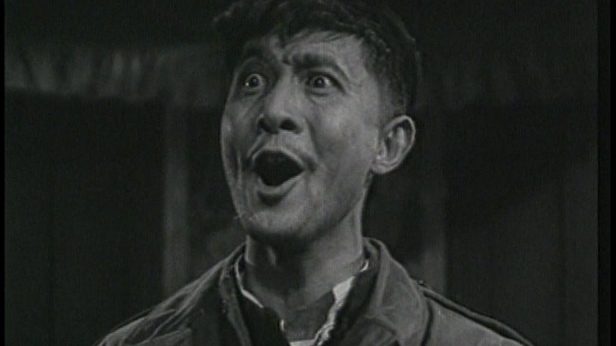
Animated Encounters (2019), by Daisy Yan Du
China’s role in the history of world animation has been trivialized or largely forgotten. In Animated Encounters Daisy Yan Du addresses this omission in her study of Chinese animation and its engagement with international forces during its formative period, the 1940s–1970s.
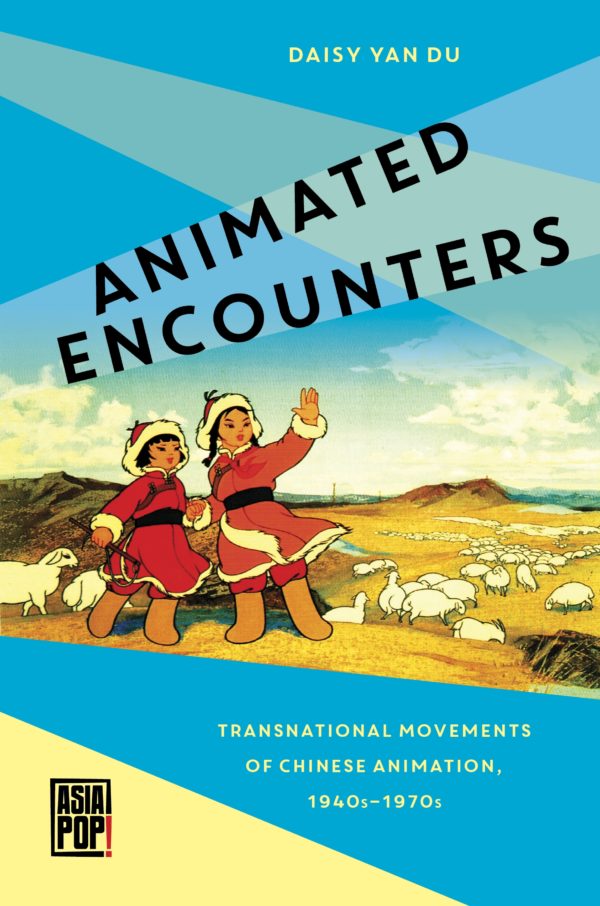
Wanderings of Three Hairs the Orphan 三毛流浪記 (1949)
Follows the misadventures of Sanmao as he tries to fill his belly on the streets of Shanghai. Adapted from the comic strip by Zhang Leping.
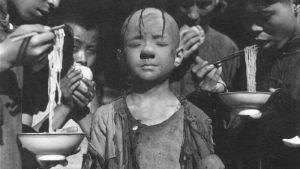
Spring in a Small Town 小城之春 (1948)
Director Fei Mu’s lyrical masterpiece shows people coping with loss and longing in the aftermath of the Anti-Japanese War.
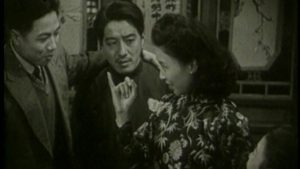
Spring River Flows East 一江春水向東流 (1947)
An epic melodrama in two parts. A dutiful wife struggles to keep her family together through eight years of war, only to suffer betrayal.
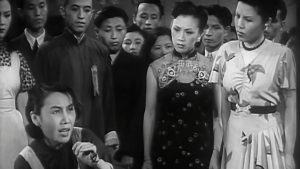
Street Angels 馬路天使 (1937)
Zhou Xuan sings two hit songs in this social drama by experimental filmmaker Yuan Muzhi, costarring heartthrob Zhao Dan.
